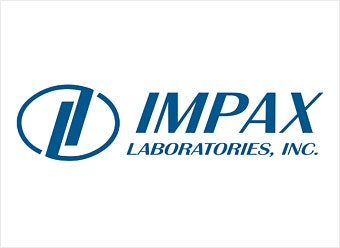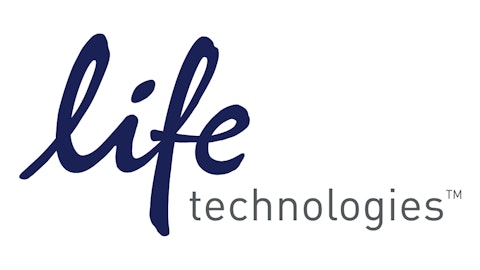Endo Health Solutions Inc (NASDAQ:ENDP), a diversified healthcare company specializing in pain medication, has been sending out mixed signals recently. News of increased federal scrutiny of painkillers, exacerbated by key patent expirations, have caused shares to slide 16% over the past six months. Meanwhile, the company announced that it intends to put itself on sale, but then followed that up with the appointment of a new CEO. What does all this noise mean for the future of Endo, and how should investors prepare for a chaotic endgame?
A cyclical business
Big biotechs like Endo Health Solutions have always been dependent on their patented medications. However, the more dependent they are on patented medications, the more cyclical and riskier the stocks are. As patents expire, new products – sometimes blended from existing ones – must take their place, or steep declines in revenue will follow. Therefore, the industry also creates generic, non-patented products to offset possible losses from its leading patented ones.
61% of Endo’s 2011 revenue was generated from sales of patented medication, while 21% came from generic ones – which were gained from its $1.2 billion acquisition of Qualitest Pharmaceuticals from private equity firm Apax Partners Holdings Ltd. in 2010. Another 11% is generated from sales of medical equipment.
Endo Health Solutions Inc (NASDAQ:ENDP) is the product of a spun-off buyout by three DuPont Merck executives in 1997. Its patent portfolio includes 12 important brands – including prescription painkillers Percocet, Percodan and Opana. It also produces Liboderm, a popular painkiller patch which generated $825 million in sales in 2011 — accounting for 30% of Endo’s annual revenue.
However, a recent report revealed that fatal painkiller overdoses in America have now risen for 11 consecutive years. As a result, federal regulators are now investigating how painkiller manufacturers have been producing and marketing their products.
The government is particularly interested in the promotion of Endo’s popular Liboderm patch. Endo is already expecting to take losses, setting aside $194 million to cover possible penalties.
Patent expirations
To make matters worse, Endo’s first Liboderm patent expired last May, and its second one will expire in March 2014. This has allowed manufacturers to create generic versions of its first generation product.
Generic drug manufacturer Actavis Inc (NYSE:ACT), which won a patent infringement suit against Endo, announced that it is producing a cheaper, generic version of Liboderm which will become available in September 2013. Actavis, formerly known as Watson Pharmaceuticals, will be required to pay royalties of 25% on early sales to Endo.
Actavis was also allowed to sell a generic, lower-dosage version of Endo’s Opana ER narcotic painkiller in September 2012, despite the actual patents expiring in September 2013. Impax Laboratories Inc (NASDAQ:IPXL) was also granted a similar license to sell generic Opana ER in January 2013.





